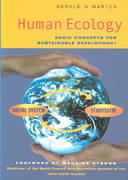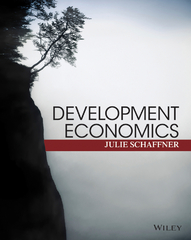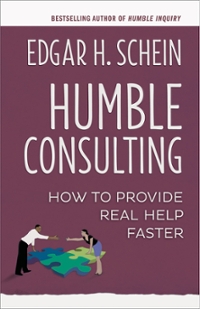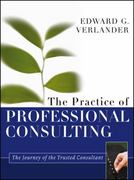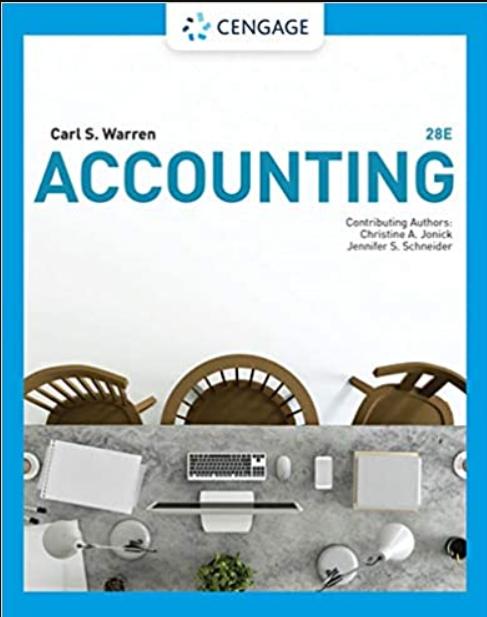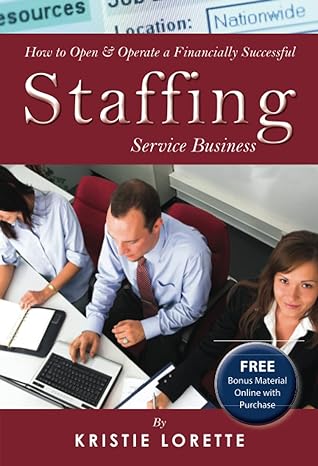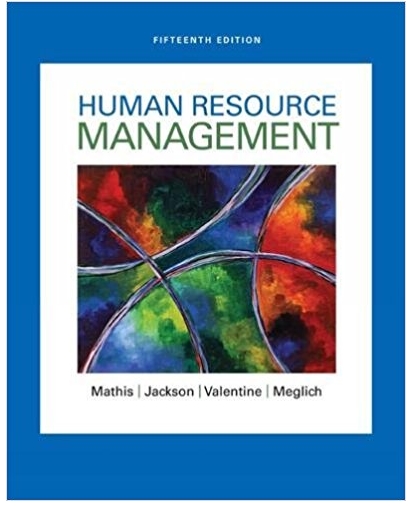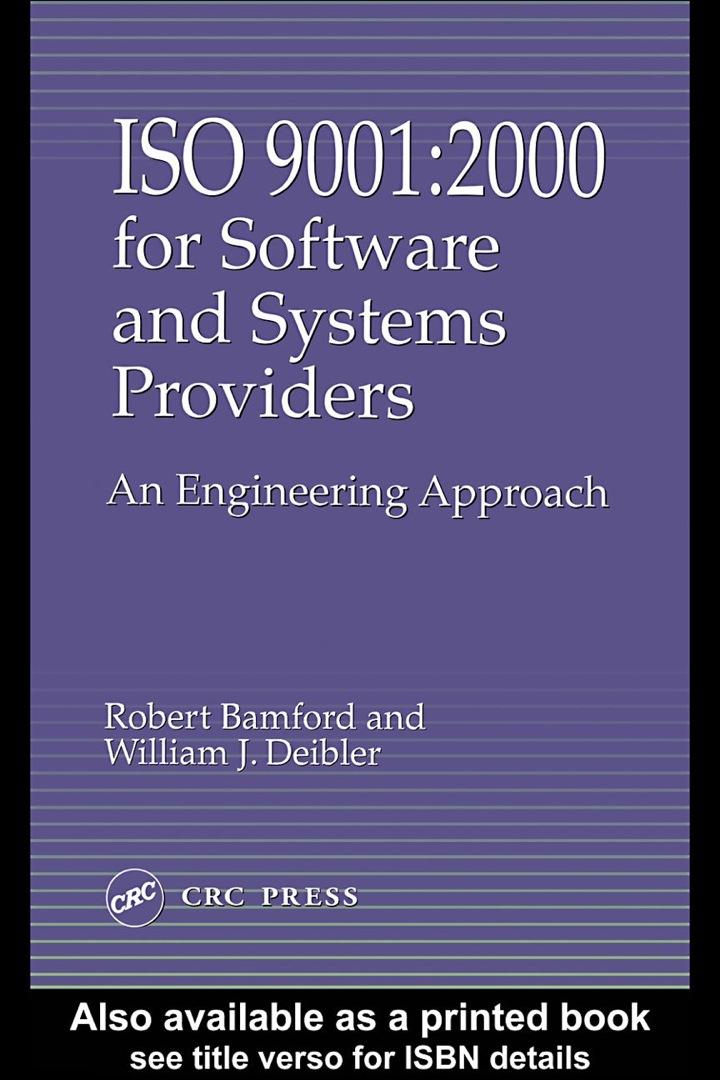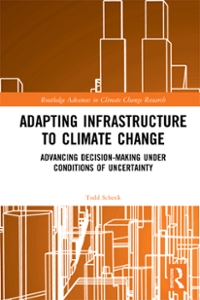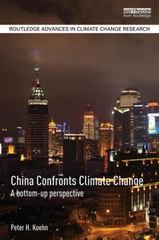Go back

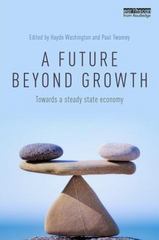
A Future Beyond Growth Towards A Steady State Economy(1st Edition)
Authors:
Haydn Washington, Paul Twomey

Cover Type:Hardcover
Condition:Used
In Stock
Include with your book
Free shipping: April 23, 2024Popular items with books
Access to 3 Million+ solutions
Free ✝
Ask 10 Questions from expert
200,000+ Expert answers
✝ 7 days-trial
Total Price:
$0
List Price: $60.00
Savings: $60(100%)









